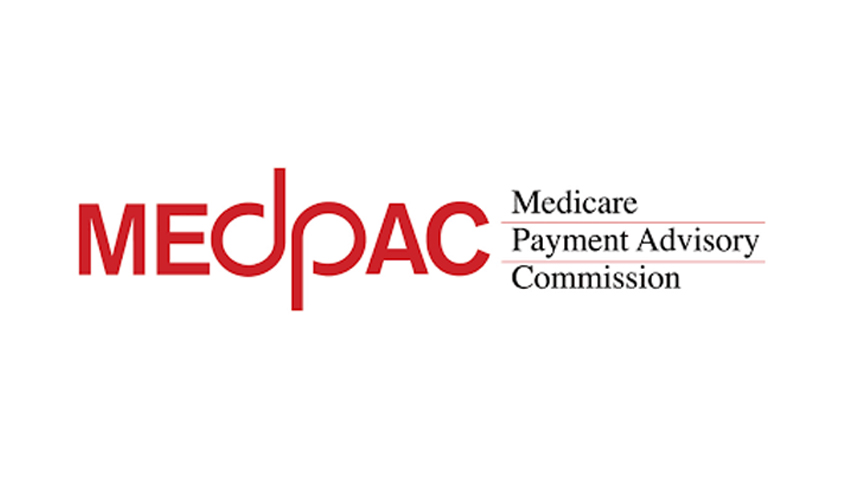Republican lawmakers recently revealed their much anticipated proposal to replace the Affordable Care Act (ACA). The plan calls for repealing almost all of the Affordable Care Act and replacing it with a mix of measures, like setting up “high-risk pools” for people with costly illnesses, raising premiums for older adults to lower rates for younger consumers, and making significant changes to Medicare and Medicaid…
Read More
This week, the U.S. Senate Finance Committee held a hearing on the proposed Part B drug payment model. Medicare Rights, AARP, and a broad coalition, including consumer and patient advocates, physician groups, labor unions, and others, submitted a letter to the Senate Finance Committee in support of the proposal.
Read More
Dear Marci,
My father might need care in his home. What type of home health care does Medicare cover?
– Musa (Cary, NC)
Read More
Every day, older adults and people with disabilities call the Medicare Rights Center’s national Consumer Helpline because they desperately need help navigating Medicare to access the affordable health care they need.
Thanks to our generous donors, our highly trained helpline counselors stand ready to take their calls and provide immediate assistance to people with Medicare, their families and caregivers, and the professionals who assist them. Last year alone, Medicare Rights answered 17,000 of their questions. And the phones keep ringing!
Read More
The 2016 annual report of the Board of Trustees (the Trustee’s Report) was released this week. The report estimates that the Medicare Part A trust fund will be fully funded through 2028. Health reform is a major contributor to an improved financial outlook for the Medicare program. The Part A trust fund’s projected fully funded date of 2028 is 11 years later than it was before the Affordable Care Act (ACA) was enacted.
Read More
The U.S. Senate Appropriations Committee recently approved a 2017 spending bill that completely eliminates funding for the Medicare State Health Insurance Assistance Program (SHIP).
Older adults, people with disabilities, and their families and caregivers need assistance understanding the A, B, C and Ds of Medicare. Operating in every state, SHIPs answer questions about Medicare and help people solve problems. Eliminating SHIPs would leave millions who need support comparing coverage options, appealing denials, applying for financial assistance, and navigating increasingly complex Medicare benefits stranded—with nowhere to turn.
Read More
Due to a recent increase in the number of appeals and appeal backlogs, GAO was asked to take a look at the various levels of the appeals process and examine trends, the data that the Department of Health and Human Services (HHS) uses to keep track of the appeals process, and what HHS is doing to decrease the number of appeals.
Read More
In its June report to Congress, the Medicare Payment Advisory Commission (MedPAC) includes several suggestions to improve and reduce costs in the Part D prescription drug program. MedPAC, observing that Part D spending has increased more than 50 percent since 2007 as a result of rising drug costs and other factors, recommends proposals that it estimates could save $10 billion over five years.
Read More
Dear Marci,
I have Original Medicare and am going to get inpatient surgery at a hospital soon. I want to understand some of the costs I may have. Can you explain what a benefit period is?
– Ramona (Watertown, SD)
Read More
The Health Subcommittee of the U.S. House Committee on Ways & Means held a hearing this week to discuss legislative opportunities to improve and sustain the Medicare program. Joe Baker, president of the Medicare Rights Center, submitted a letter for the hearing record highlighting 50 ways to strengthen Medicare for today’s beneficiaries and for future generations.
Read More










